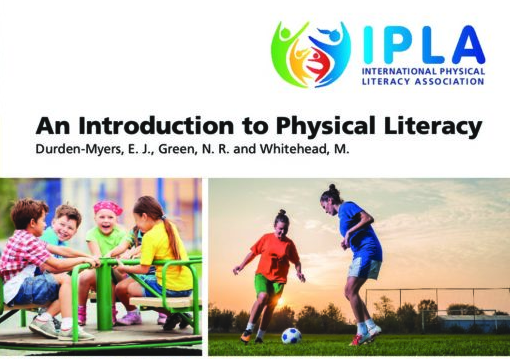It is very interesting to see that Sport England and the Minister for Sport (Mims Davies) have finally embraced physical literacy as a concept that provides a focus on an individual’s engagement in physical activity for life. It appears that England is now joining many other countries in the world (New Zealand, Australia, Wales, Canada, Taiwan, USA to name but a few) who have realised the importance of promoting physical literacy for life.
Mims Davies has called for physical literacy to have the same status in school as English and Maths, to promote wider engagement, particularly from girls, in physical activity. She recognises the importance of finding an activity that you enjoy and regularly engaging in it to promote holistic health and wellbeing. See link to document
This is supported by the release of the ‘Active Lives Children and Young People Survey – Attitudes towards Sport and Physical Activity (Academic Year 2017/18)’ published March 2019, which fully supports the focus on physical literacy. It recognises how sport and physical activity can improve not only physical wellbeing, but can also contribute to better mental wellbeing, individual development and social and community development. The survey acknowledges that children and young people’s attitudes to sport and physical activity are key to understanding their levels of activity, mental wellbeing, resilience and social trust. Sport England’s key findings suggest that:
Children who are motivated, confident, competent and have knowledge and understanding about physical activity are more likely to active, resilient, happier and trusting of others. They also found that the attitude of children was most significant in relation to enjoyment of physical activity and sport and physical activity levels. Unfortunately, the survey also found that as children and young people grow older their enjoyment, confidence, competence and understanding declines and they become less active, as do girls from less affluent families. See link to document
If we are to make any significant changes to life long engagement in physical activity and the health and wellbeing of young people then we must priorities the environments that children and young adults experience physical activity so as to ensure that positive experiences promote future engagement. Ensuring parents, teachers, coaches and health professionals understand the concept of physical literacy and the importance of creating appropriate learning environments that nurture the development of motivation, confidence, physical competence, knowledge and understanding so that young people value and take responsibility for engaging in physical activity for life. For further information about physical literacy see the both the short and longer guide developed by the International Physical Literacy Association and watch the video.

